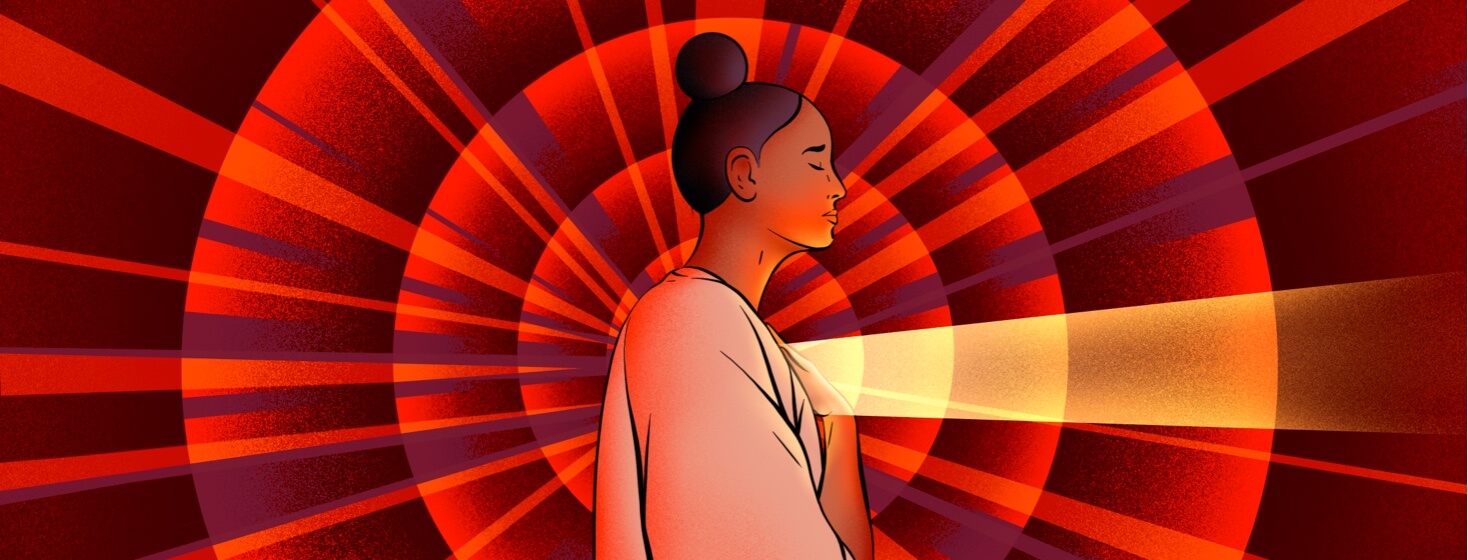Dilated Cardiomyopathy
Dilated cardiomyopathy is a heart disease that happens when the left ventricle is no longer pumping blood efficiently enough to the body. When I first got diagnosed in 2014, at the young age of 25, I did not really understand what dilated cardiomyopathy was. All I knew was what I saw online while looking up cardiomyopathy. And what google was showing was the life expectancy of people with cardiomyopathy and how it leads to heart failure.1
My diagnosis with dilated cardiomyopathy and heart failure
After the first stroke, the doctors were running all sorts of tests to figure out why at 25 year old was having a stroke. The day after the stroke the team of doctors came into my room and shut the door. They told me that I had a previous stroke on my MRI and asked if we knew about it. We knew nothing about these previous strokes.
The next question was about my family medical history. My father's side of the family had major heart problems. My grandfather suffered a few strokes and heart attacks and one of his relatives died when she was in her early 20s. What happened next would change my life drastically.
The doctors proceeded to tell me I had dilated cardiomyopathy. While they were explaining what it was I heard them say heart failure. “Heart failure?” “How could I have heart failure,” I thought. Before they could finish I burst into tears. My life was over in my mind. It’s like I had given up before the battle had even begun.
Reactions and reflections
When the doctors first told me my diagnosis I was scared to sleep because I thought my heart was going to stop at any minute. Dilated cardiomyopathy is a progressive heart disease meaning it starts and gets worse the longer that time passes. I was not experiencing the symptoms of dilated cardiomyopathy that I knew of, but now that I have a new heart I can actually feel the difference. One of the symptoms is arrhythmia or irregular heartbeat which I did have, but I didn't know it was.
The beginning of my heart journey
I got diagnosed in 2014, and four years later, I suffered another stroke and slipped into advanced heart failure. In the autumn of 2018, my mom and I started noticing that breathing while lying down was near impossible, and simply walking was becoming laborious. I was suffering from shortness of breath and just felt miserable. We went to an apple orchard for her birthday and it was so hard walking, especially uphill. My breathing was just getting worse and worse.
That next day, we sent an email to my primary care and he ordered something to measure my BNP levels, a blood test that doctors use to see how your heart is working. The levels were really high and a note was sent to my cardiologist letting him know that my levels were high. My cardiologist was dismissive and he kept stating that patients that he treats for heart failure have levels way higher than mine. My primary care doctor prescribed me an inhaler to take at night to help me sleep.
On December 4, while in the bathroom at urgent care, I fainted and suffered a second stroke. This was just six days after my 30th birthday. The doctors then performed a right heart cauterization and they found out that I was indeed in advanced heart failure. That was the first time I realized that there was a such thing as advanced heart failure. This was also when my heart journey truly began.
Do you have a heart failure story? Click the button below to share with our community!

Join the conversation